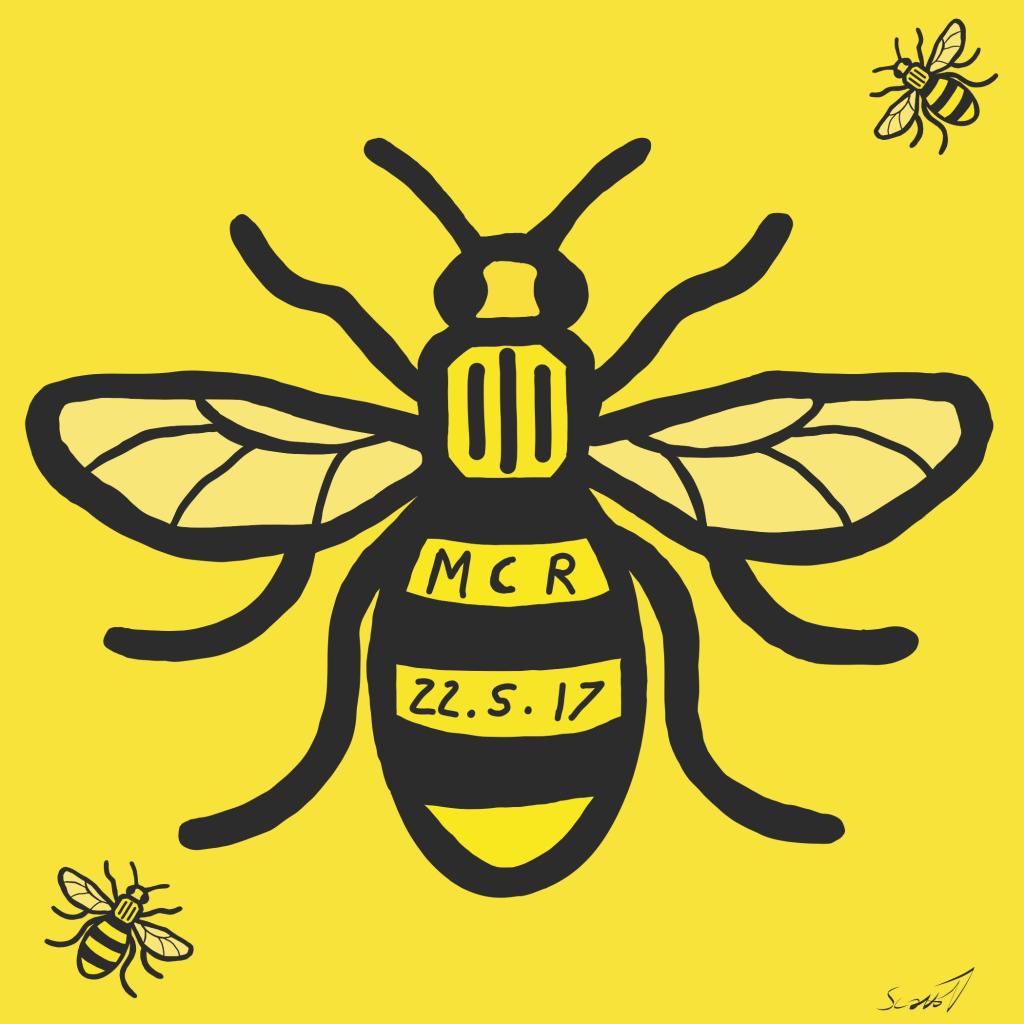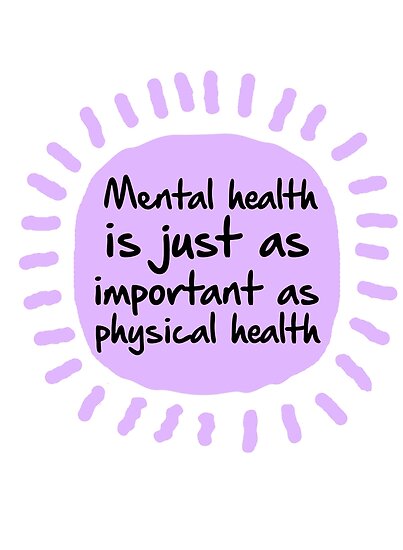A little bit about me…
Hello, how are YOU?
I wanted to introduce myself, tell you a little bit about me. I’m Charlotte but most call me Lotte. I am 20 going on 21 and I’m studying Counselling and Psychotherapy at Edge Hill. 2nd year. Now that the formal introduction is out the way, I want to let you all in on, that this is my first time ever writing a blog post so please bare with me, practice makes perfect (currently writing whilst watching the Polar Express and gulping a cup of tea). However, my intention behind beginning to write these posts and contribute to the amazing work conducted by all ears is nothing like a first-time experience at all. Instead it is an opportunity for me to hopefully help whoever reads this in any way I can. My plan? To be the most open and honest about my own experiences, give guidance and support anyone who needs it from me. You are never ever alone.
Now, acting upon the first part of my plan, the openness and honesty about my own experience. Firstly, something I am confident in knowing about myself, is that I am a very emotive, passionate and determined person when it comes to things I feel very strongly about. However, this part of my personality stops applying whenever I am struggling with something personal. For those situations, I find myself very emotionally detached. This is something I didn’t realise about myself until I went through the worst experience of my life. 22nd May 2017, the day that my life changed forever, the day an ISIS terrorist exploded a bomb in the Manchester Arena, an arena that I was in. I had just finished watching Ariana for the second time (first time being in 2015 in the same arena – I cried many tears being in the same room as her for the first time, 16 year old me was very excited), a concert that meant more to me than most due to what Ariana herself means to me however that’s a story for a different day. No more than 30 seconds after she walked off stage, it happened, the loudest and most indescribable noise I had ever experienced, I had never heard a bomb before, but I just knew. I just knew. What followed was a phone call with my mum, (the person who literally means more to me than life itself) that I never want to have again, a phone call that was left on ‘I am running for my life, I love you’.

A traumatic event that I would not wish on my worst enemy for the implications and imprint it has left on my life ever since. However, after the first week of shellshock, I then finished my a-levels, went on my first girls’ holiday and started university without even a second thought of that night. Until one night in September, where I experienced the worst panic attack of my life and to me at the time it was for no reason at all. I later realised it had come from everyone leaving the club I was in all at the same time when it closed and being stuck in that momentary squeeze trying to leave. A squeeze I did not know would suddenly resonate within my body, after many questions and a dismissive mindset of the behaviour it happened again on a different night out, and again, and again, and again. 26th December 2017 I had been out with my friends Christmas celebrating and I had to leave early and ran home by myself, panicking for the entirety. I told my friends I was tired and was working the next day, this was not the case it was the avoidance of being honest that I was not okay. Something I had got into a habit of doing, lying to cover how I was really feeling. I woke up the morning of the 27th with my mum having booked me a doctor’s appointment. This was when it hit me, I had not taken myself back to that night since it happened, I had avoided every possibility of it and had completely blocked it out, but now, life itself had kicked in with reminders here there and everywhere as to what had happened to me but I couldn’t work out why. Why? It was the signs of PTSD, gone unnoticed by myself as I put it down to timings, if I felt nothing straight after, why am I feeling it now? Credit I then didn’t give myself, I didn’t die or get physically hurt, why should I be struggling? A lot I had to learn about myself and a lot of love I had to grant myself, it was finally okay that I wasn’t really okay, not in anyway at all. I used to speak about Manchester with such a factual tone, yep this is a b and c, this happened to me, next question. No emotional attachment at all, and being honest? I still struggle with it today, 2 and a half years down the line it is a continuing thing I am getting stronger and wiser with all the time. The one thing I tell myself? It really is OKAY not to be OKAY, it’s okay to not have got your head around it just yet or have all of the answers to all of the questions.

I learnt to take ownership as to what had happened to me and from that came a massive amount of strength within myself, a fire that had gone from a raging one to a cosy one where I can sit around with a cup of tea and really allow myself to be proud of where I am at with it, what I stand for and most importantly WHO I AM. I am a strong ass person who experienced a shitty thing, which is still testing me in more ways than one, however I am not allowing it to define my future experiences, but instead tattoo my heart with the strength and courage I have mustered and grow with that each and every day.
So that’s a little bit about me…
If you take anything from reading this post…IT REALLY IS OKAY NOT TO BE OKAY
From me to you, you got this, you really are amazing.
Charlotte Mckean




